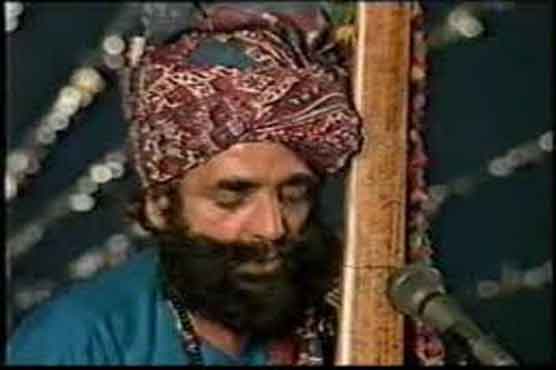Allan Faqir being remembered today

Death anniversary of renowned folk singer Allan Faqir is being observed today.

Death anniversary of renowned folk singer Allan Faqir is being observed today.